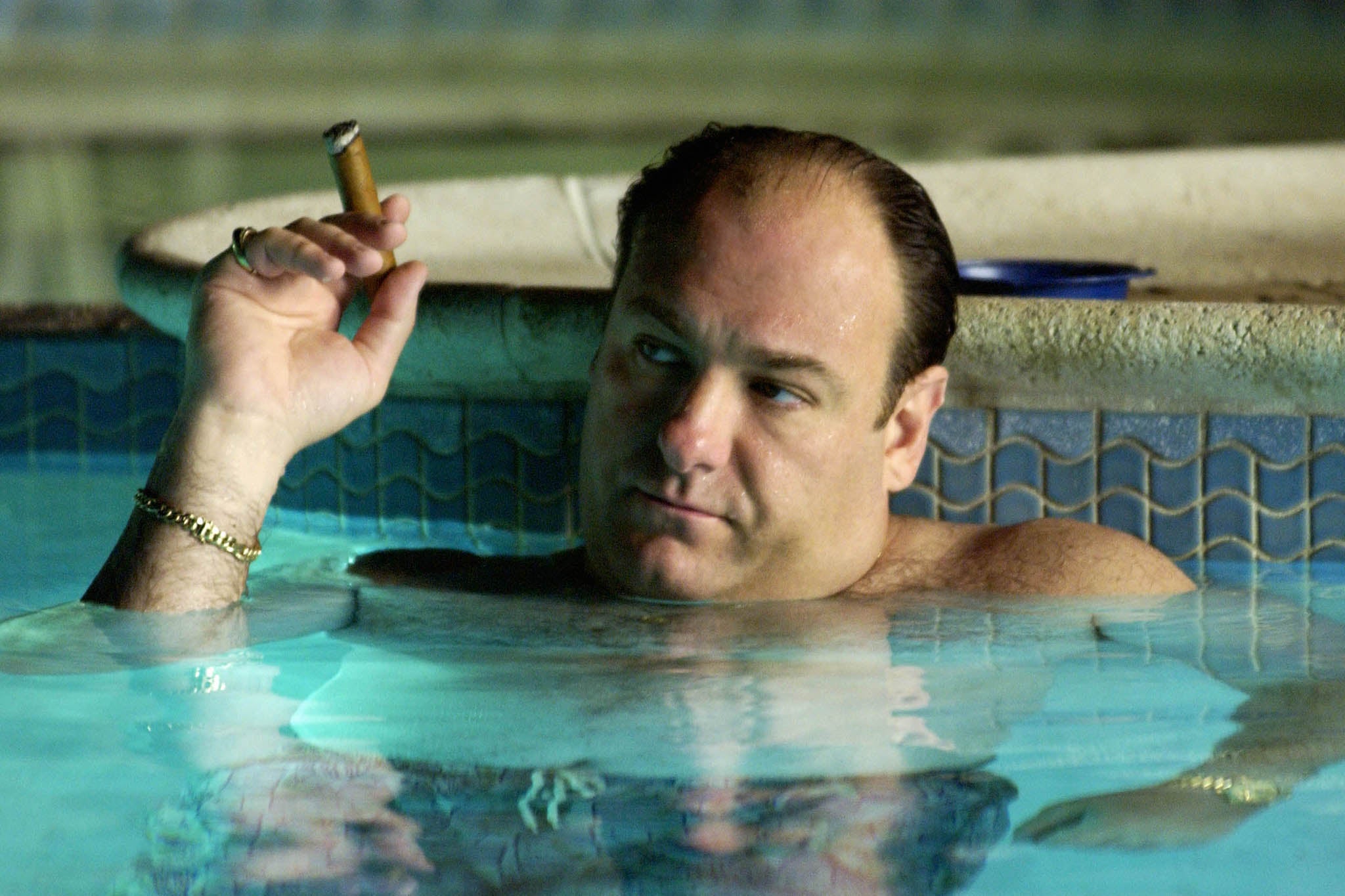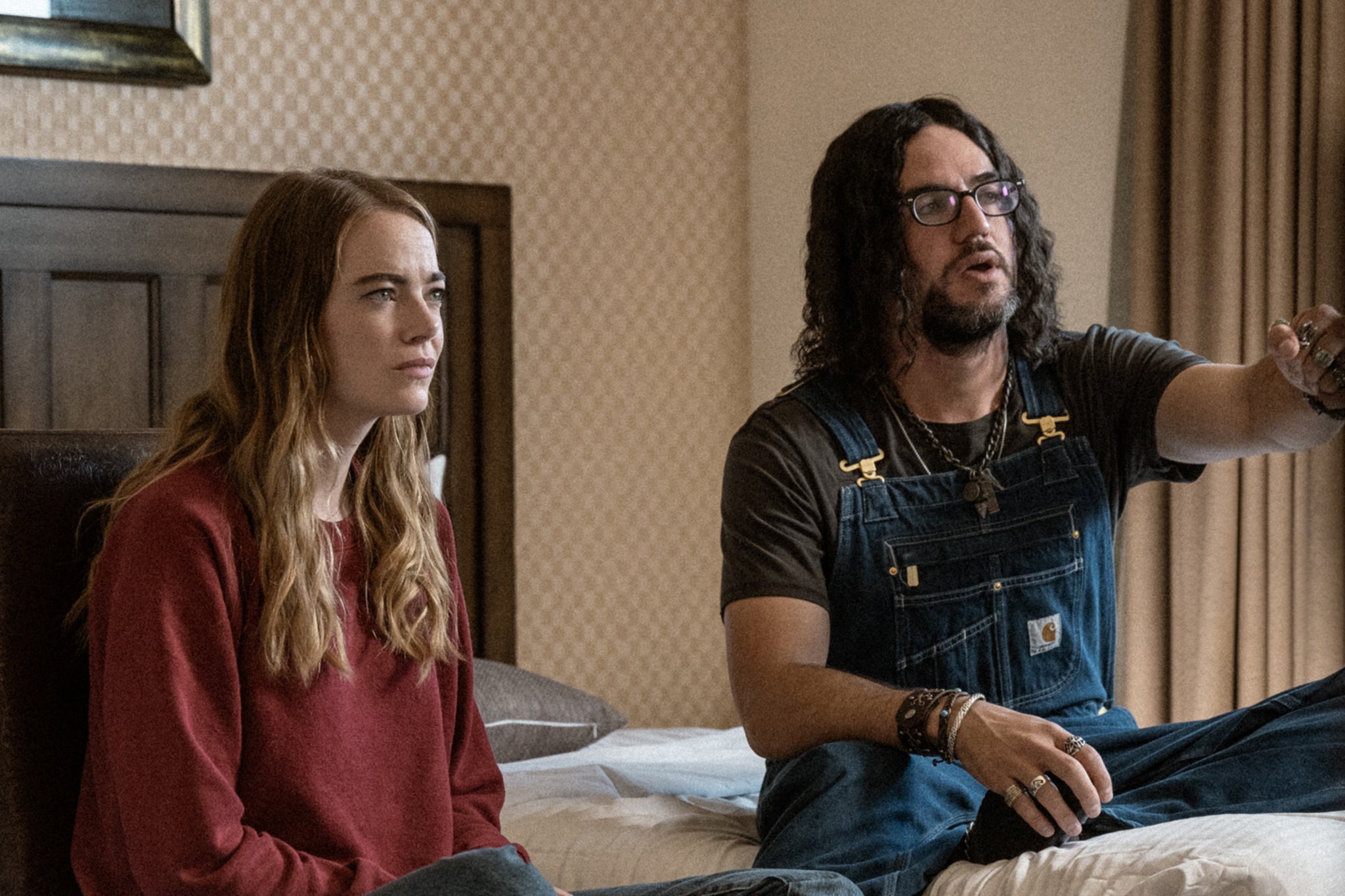The Independent's journalism is supported by our readers. When you purchase through links on our site, we may earn commission.
The Sopranos creator David Chase is wrong to say TV is dead – there’s just too much of it
The man behind one of television’s greatest ever shows has claimed that audiences have been dumbed down and TV executives only want to commission uncomplicated series. But he’s missing the real problem with modern telly, writes Adam White


Your support helps us to tell the story
This election is still a dead heat, according to most polls. In a fight with such wafer-thin margins, we need reporters on the ground talking to the people Trump and Harris are courting. Your support allows us to keep sending journalists to the story.
The Independent is trusted by 27 million Americans from across the entire political spectrum every month. Unlike many other quality news outlets, we choose not to lock you out of our reporting and analysis with paywalls. But quality journalism must still be paid for.
Help us keep bring these critical stories to light. Your support makes all the difference.
A handful of people are watching the best show on TV. The Curse, streaming on Paramount+ in the UK and Showtime in the US, is a surrealist horror comedy about a pair of grinning, performatively right-on sociopaths who present a home renovation series and may or may not have been hexed by a little girl. It is eerie, funny and almost pathologically cringe-inducing. It’s also a rare foray into television by Oscar-winner Emma Stone. So why have you (maybe) never heard of it?
I thought about The Curse and the universal bifurcation of TV viewing while reading David Chase bemoan the state of the industry this weekend. Back in 1999, Chase created The Sopranos, less a show than a sprawling art piece about sex, violence and the decline of modern civilisation. It didn’t necessarily transform the quality of television as a whole (The Simpsons, Buffy. The X-Files, Seinfeld, Sex and the City and Twin Peaks all pre-dated it), but it did shift how the world seemed to talk about TV. It turned television into a space that even the most highfalutin of observers had to take seriously, inspiring a panoply of equally exciting and ambitious kinds of long-form storytelling: The Wire, Mad Men, Breaking Bad, Succession, 24, Girls, Arrested Development, 30 Rock, and so on.
Now, though, TV is dead – at least according to Chase. “I’ve already been told to dumb it down,” he told The Sunday Times, on new ideas he’s brought to today’s TV executives. “Audiences can’t keep their minds on things, so we can’t make anything that makes too much sense, takes our attention and requires an audience to focus.”
Streaming, as explained most extensively in an ominous 2023 New Yorker piece on the death of prestige television, has certainly depleted our attention spans and ushered in an age of uncreative businessmen making creative decisions at every major studio both in the US and UK. Too much money and too many streaming platforms in need of content have turned TV into the Wild West. It’s now filled with series starring A-list names that few seem to actually watch, and (arguably) fewer shows of quality than television’s Sopranos-indebted “golden age” of 15-20 years ago.
Remember Apple TV+’s Extrapolations? Starring Meryl Streep, David Schwimmer, Sienna Miller and Kit Harington? Of course you don’t. Did you know that Gwyneth Paltrow voiced an evil AI in an episode of the American Horror Story spin-off American Horror Stories just three months ago? Or that the wildest, most genre-bending murder mystery on TV in recent memory has been Disney+’s A Murder at the End of the World, starring Emma Corrin, Clive Owen and Harris Dickinson, a series that at best five people probably saw? There was a time when Reese Witherspoon being in a TV show like Big Little Lies felt like a big deal – but we’ve become so desensitised to seeing movie stars on the telly that a fourth season renewal for Witherspoon’s eternally disastrous The Morning Show isn’t even interesting enough to joke about anymore.
And with star names or high budgets no guarantee that a TV show is any good, is it any wonder that audiences feel lost? And that, in their desperation, television’s purse-holders are scrambling? Chase is forgetting that TV has always been a mix of good and bad, of scripted genius and undesirable dross on the same schedules, of shows both cancelled too early and left to spiral into creative ignominy. Television ebbs and flows. It’s run by smart people one minute and then by in-over-their-heads tech bros the next. Battles will always be waged. But good TV will always find a home.

We are, it is true, in a moment of industry crisis. There is only so much money, and there are too many companies attempting to produce work for only so many pairs of eyes. Collapse isn’t exactly inevitable, but we will undoubtedly see many of the less A-list streaming platforms join forces to stave off annihilation in the coming months, plus further price hikes for the likes of Netflix and Prime Video – both of which will be introducing adverts imminently, too.
But the idea of prepping an obituary for TV of quality and care feels not only short-sighted but also sort of silly. There will always be an audience for smart drama and well-written comedy – or shows such as The Curse that fall somewhere in between. There will always, too, be commissioners fighting to get those series made. The bigger problem is when those shows slip through the cracks entirely. Perhaps we’d be smart to view Chase’s observations not as a eulogy for good TV, but as a sign that we’re in need of a big, televisual clearout. We’re not crying out for “elevated” TV. Just fewer shows.
Join our commenting forum
Join thought-provoking conversations, follow other Independent readers and see their replies
Comments